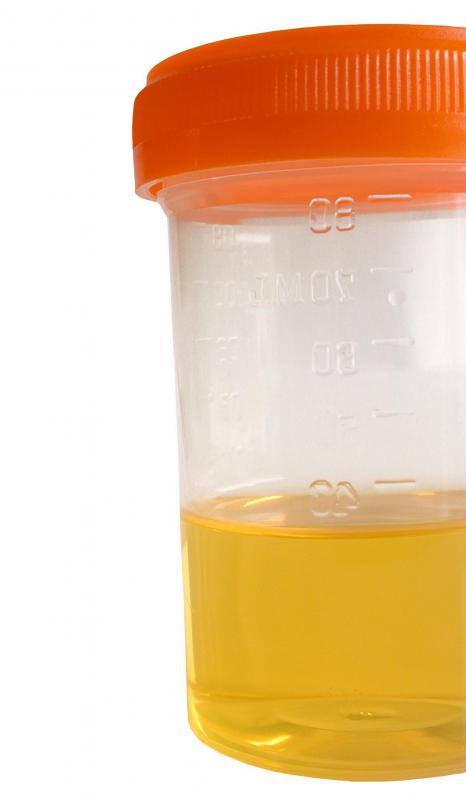At WiseGEEK, we're committed to delivering accurate, trustworthy information. Our expert-authored content is rigorously fact-checked and sourced from credible authorities. Discover how we uphold the highest standards in providing you with reliable knowledge.
What is a DWI Arrest?
When a person is driving while intoxicated (DWI), he or she is usually operating a motor vehicle after drinking alcohol or taking mind-altering substances, such as illegal drugs or certain prescription drugs. Many countries have enacted laws that prohibit people from driving if they have taken these drugs or if they have ingested a certain amount of alcohol. These laws usually set a numerical limit for how much a person can drink. If a person is over the legal limit while driving a vehicle, he or she may be subject to a DWI arrest by a law enforcement officer.
In some jurisdictions, the term DWI is interchangeable with the term driving under the influence, or DUI. Other jurisdictions distinguish the two terms. In those jurisdictions, a DUI usually refers to operating a motor vehicle after taking mind-altering substances, such as illegal drugs, while a DWI refers to drunk driving.

If a law enforcement officer has reason to believe that a person is driving while intoxicated, the officer may pull the person over for the purpose of making a DWI arrest. Prior to making the arrest, the officer typically gives the driver a sobriety test in order to find out whether the driver has been drinking or taking mind-altering substances. Blood, urine, or breath samples are common kinds of tests. An officer may also ask a driver to perform a field sobriety test, which evaluates the driver’s physical coordination abilities. In many jurisdictions, an officer may make a DWI arrest if a driver refuses to take one of these tests.

If the driver tests positively for alcohol or drug use, the officer usually makes a DWI arrest and takes the driver into custody. The driver is then held at a police station until he or she can be picked up by another person or until an administrative hearing can be held. In some jurisdictions, the driver’s license is temporarily suspended and his or her car is impounded for a period of time. After a DWI arrest, the driver usually goes to court, where his or her case is reviewed by a judge or jury.

A DWI arrest can have significant consequences if a person is formally convicted of a DWI. In most jurisdictions, a DWI is considered a criminal offense, and a conviction results in a criminal record. The penalties for a DWI may include jail time, community service, or fines. Additionally, some drivers may lose their licenses for a period of time, and may be required to participate in drunk driver education programs. As a general rule, drunk driving penalties are more severe for drivers who have multiple DWI arrests and convictions.
AS FEATURED ON:
AS FEATURED ON:


















Discussion Comments
It's not something I'm proud of, obviously, but I did get arrested for DWI one time when I was a teenager. It was almost a felony DWI charge, based on my age and the damage I caused with my car. My parents had to call a DWI attorney to help get the charge reduced to a misdemeanor. That was not cheap, and I still had to pay fines and surrender my license for a while.
I know there are some people who think they can beat a DWI arrest by doing certain things or acting a certain way, but law enforcement officers take DUI cases very seriously. The only thing you can do to avoid a DUI arrest is not to drink and drive in the first place. I thought I could handle driving 6 blocks back to my house, but my blood alcohol level was .18, and the legal limit for an underage driver was .02 at the time. Now it's .00 in my state.
One of my relatives was arrested for DUI last year, and he's still facing a lot of problems, both legal and personal. I thought that a person's first DUI arrest wouldn't be that hard to overcome, but I was wrong. He had to spend a few nights in jail right after the arrest, so he missed time at work. His wife was really mad, because he lied about his whereabouts. They're still not on great terms.
From what I've seen, a DWI arrest can cause a lot of damage in a hurry, and I make sure I call a cab if I go out to a bar and drink too much.
Post your comments